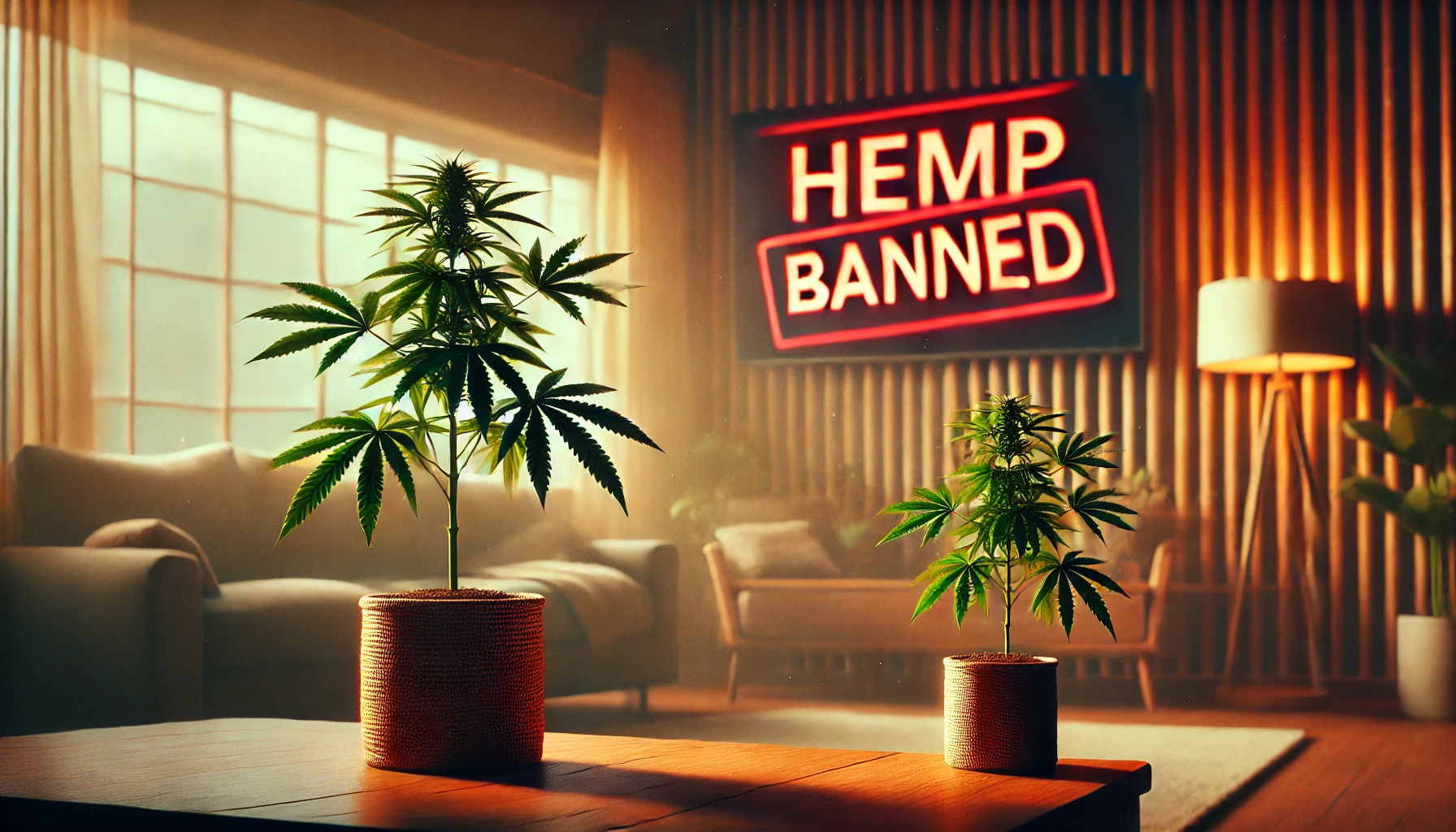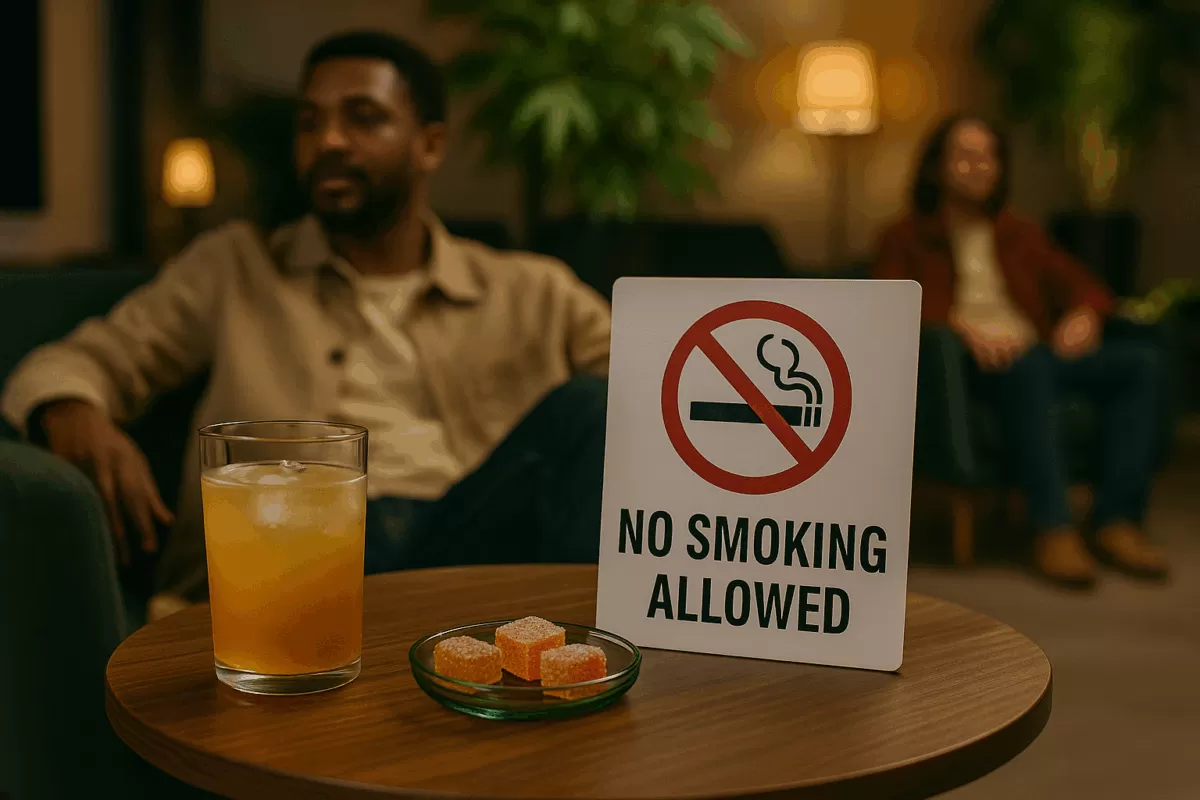Florida’s cannabis industry is facing a mixed bag of developments with Senate Bill 334 (SB 334), which aims to legalize limited home cultivation of cannabis for personal use while simultaneously imposing stringent restrictions on hemp products. The bill, effective July 1, 2025, has sparked a heated debate among cannabis advocates, patients, and industry stakeholders. Here’s what you need to know about the proposed legislation.
Homegrow Legalization for Medical Cannabis Patients
SB 334 introduces a provision allowing qualified medical cannabis patients aged 21 and older to cultivate up to two cannabis plants per household. However, this seemingly patient-friendly move comes with heavy state oversight:
- Certification Required: Patients must obtain a certificate from the Florida Department of Agriculture and Consumer Services, which will include registering and inspecting each plant.
- Inspections: Plants are subject to random state inspections, adding another layer of regulation.
- Cultivation Limits: Even if multiple qualified patients live in the same household, the limit is capped at two plants total.
- Privacy Requirements: Cultivation must occur in a secure, enclosed space, not visible from public view.
- Landlord Consent: Patients in rental housing must provide written landlord approval before cultivating plants.
Sweeping Hemp Product Bans
The hemp industry in Florida will face severe limitations under SB 334, with some provisions likely to dismantle much of the current market. Here’s what the bill entails:
- Banned Cannabinoids and Derivatives:
SB 334 explicitly bans the manufacture, sale, and possession of several cannabinoids and their derivatives, including:- THCA (Tetrahydrocannabinolic Acid)
- THCV (Tetrahydrocannabivarin)
- THCP (Tetrahydrocannabiphorol)
- THC-O (THC Acetate Ester)
- Delta-8 and Delta-10 THC
- Any other “THC derivative or isomer.”
The ban extends to any form of hemp that is smokable or could be considered attractive to children, including edibles with vibrant packaging or candy-like shapes.
- Packaging and Testing Regulations:
The bill enforces stricter guidelines for packaging, labeling, and product testing. Hemp products must meet heightened testing standards, including testing for contaminants and adherence to strict THC concentration limits. - Surviving Cannabinoids:
Only CBD, CBD-A (Cannabidiolic Acid), and CBN (Cannabinol) will remain legal, effectively shrinking the available market for hemp-derived products. However, even these cannabinoids face tight advertising restrictions. - Advertising Restrictions:
Hemp businesses cannot advertise products in any manner visible from public streets, sidewalks, parks, or other public spaces. Terms like “THC” are explicitly banned in advertising, and businesses must obtain prior state approval for all advertisements. - Prohibited Sales Channels:
- No hemp products can be sold at unlicensed venues, street festivals, or temporary stalls.
- Street vending is explicitly prohibited.
- Recordkeeping Requirements:
Businesses must maintain detailed records for three years, including lab testing results and supplier documentation, subject to random state audits.
Increased Regulatory Scrutiny
Businesses selling hemp products will face random inspections from the Florida Department of Law Enforcement and the Department of Agriculture and Consumer Services. Non-compliance with packaging, recordkeeping, or advertising requirements could lead to penalties, including stop-sale orders and license revocations.
Industry and Community Reactions
The bill has drawn sharp criticism from hemp farmers, retailers, and consumer advocacy groups. They argue that these restrictions unfairly target the hemp industry, which has provided legal, low-THC alternatives for consumers who do not qualify for medical cannabis. Many fear the ban on smokable hemp and the new THC caps could devastate small businesses while driving consumers toward the unregulated market.
On the other hand, proponents of the legislation emphasize the need for stricter controls to prevent the misuse of hemp-derived products, particularly among minors. They also highlight the safety benefits of regulating product quality through stringent testing and labeling requirements.
The Bigger Picture
SB 334 reflects Florida’s complex relationship with cannabis and hemp regulation. While the legalization of limited homegrow for medical cannabis patients is a step forward, the aggressive clampdown on hemp products underscores the ongoing tensions between the state’s medical cannabis and hemp industries. As the July 2025 implementation date approaches, the cannabis community will undoubtedly continue to advocate for revisions to the bill to balance consumer access, industry growth, and public safety.












